In ‘The Ordinary Acrobat,’ Duncan Wall explores the world of the modern circus

Members of the Rossi family — who have been in the circus for 400 years — prepared for a performance in Copenhagen, Denmark, in 2004.
John McConnico, Associated Press
from: startribune.com
Article by: SUSAN AGER , Special to the Star Tribune
March 9, 2013 - 6:46 PM
Exploring the world of the modern circus, Duncan Wall finds it has nothing to do with elephants or clowns in floppy shoes.
Like me, the author of this circus book grew up with no fond feelings for the circus. The circus wasn’t funny. It wasn’t fun. Dated, faded and tattered, greasy and boring, the circus didn’t thrill or chill him or interest him any more than, say, reruns of “The Lawrence Welk Show.”

Members of the Rossi family — who have been in the circus for 400 years — prepared for a performance in Copenhagen, Denmark, in 2004.
John McConnico, Associated Press
from: startribune.com
Article by: SUSAN AGER , Special to the Star Tribune
March 9, 2013 - 6:46 PM
Exploring the world of the modern circus, Duncan Wall finds it has nothing to do with elephants or clowns in floppy shoes.
Like me, the author of this circus book grew up with no fond feelings for the circus. The circus wasn’t funny. It wasn’t fun. Dated, faded and tattered, greasy and boring, the circus didn’t thrill or chill him or interest him any more than, say, reruns of “The Lawrence Welk Show.”

Duncan Wall, author of "The Ordinary Acrobat"
But during his senior year abroad in Paris, Duncan Wall became enchanted by what is called the modern or new circus (“nouveau cirque” in French). It offers no elephants, no animals at all, no ringleaders, no rings. Instead, the French circus that he discovered (and found in smaller scale around the world) is energized by young people of all nationalities, actually studying circus skills at schools backed by big bucks from the French government. Le nouveau cirque even turns up its nose at Canada’s Cirque du Soleil, perhaps the world’s best known circus, claiming it aims higher, to be not just about entertainment but creative play, athleticism and — that grand word — art.

Wall subsequently wins himself a Fulbright grant to study the modern circus, and its ancient and recent precursors, while enrolled for a year at France’s tuition-free National School for the Circus Arts. (Canada, Belgium and Australia also have national circus schools but, nope, not the United States.)
He flubs his first of many handstands, almost dies of fright on the trapeze and is humbled by the skills of his fellow French students who, he realizes, began studying circus skills in grade school. But this Milwaukee kid, the son of corporate accountants, is game and determined, and we see him grow into a passable performer who even acquires for his wardrobe a colorful scarf.
read more:
http://www.startribune.com/entertainment/books/196701271.html?refer=y


























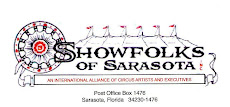
















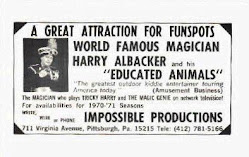

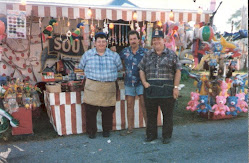




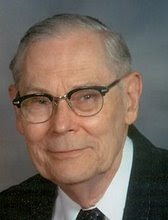
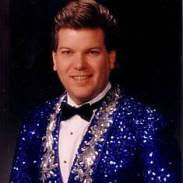




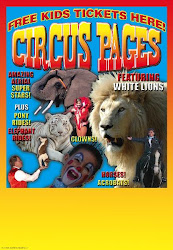

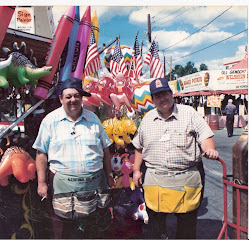
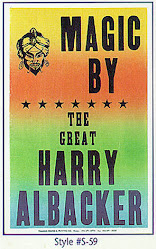











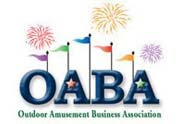



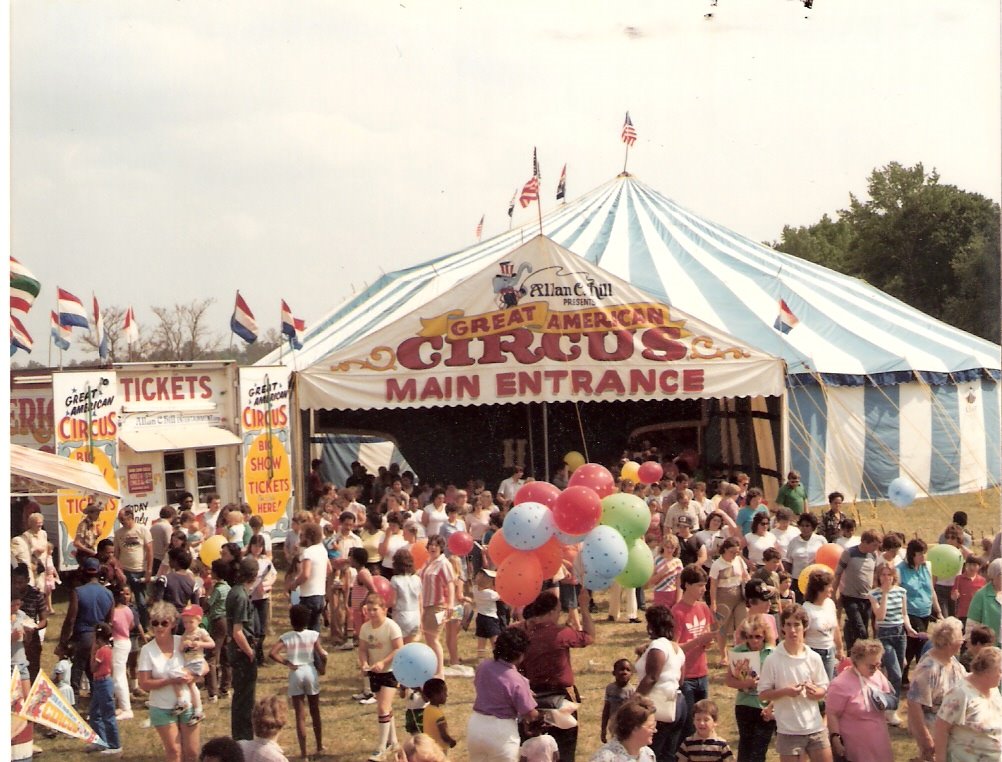









No comments:
Post a Comment